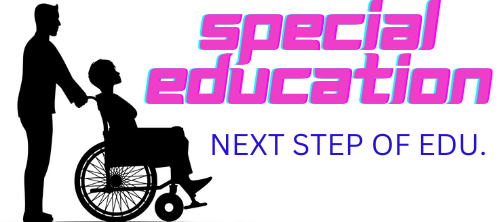R.P.W.D. ACT Full form -
RIGHTS OF PERSONS WITH DISABILITIES
The Rights of Persons with Disabilities (R.P.W.D.) Act is a landmark legislation in India that aims to empower people with disabilities and protect their rights. The act was passed by the Indian Parliament in December 2016 and came into effect from April 2017. The act replaced the Persons with Disabilities (Equal Opportunities, Protection of Rights and Full Participation) Act, 1995 and brought about significant changes in the legal framework for the protection of the rights of persons with disabilities in India.
The R.P.W.D. Act recognizes 21 disabilities, which include blindness, low vision, hearing impairment, locomotor disability, cerebral palsy, intellectual disability, specific learning disabilities, mental illness, and multiple disabilities. It defines a person with a disability as someone who has long-term physical, mental, intellectual or sensory impairments, which in interaction with various barriers may hinder their full and effective participation in society on an equal basis with others.
The main objectives of the R.P.W.D. Act are to ensure that persons with disabilities enjoy equal rights and opportunities in all aspects of life, including education, employment, health, and social protection. The act seeks to promote their full and effective participation in society and to eliminate discrimination against them. It also provides for the creation of a barrier-free environment and the promotion of accessibility.
The R.P.W.D. Act has several important provisions. Some of the key provisions are discussed below:
1. Right to Education: The act provides for free and compulsory education for all children with disabilities from the age of 6 to 18 years. It also mandates that schools provide reasonable accommodations and support services to enable the full and effective participation of children with disabilities.
2. Employment: The act requires the government and private sector employers to reserve 4% of their vacancies for persons with disabilities. It also provides for the establishment of a National Fund for Persons with Disabilities to promote their employment.
3. Accessibility: The act requires all government buildings, public transport, and information and communication technologies to be made accessible to persons with disabilities. It also mandates the creation of accessibility standards and the promotion of accessible tourism.
4. Non-Discrimination: The act prohibits discrimination against persons with disabilities in all aspects of life, including education, employment, and access to public facilities. It also provides for the establishment of a National Commission for Persons with Disabilities to investigate complaints of discrimination.
5. Health: The act mandates that all government hospitals and health centers provide free healthcare services to persons with disabilities


.jpeg)

0 Comments
Have you any doubt, Tell me ;